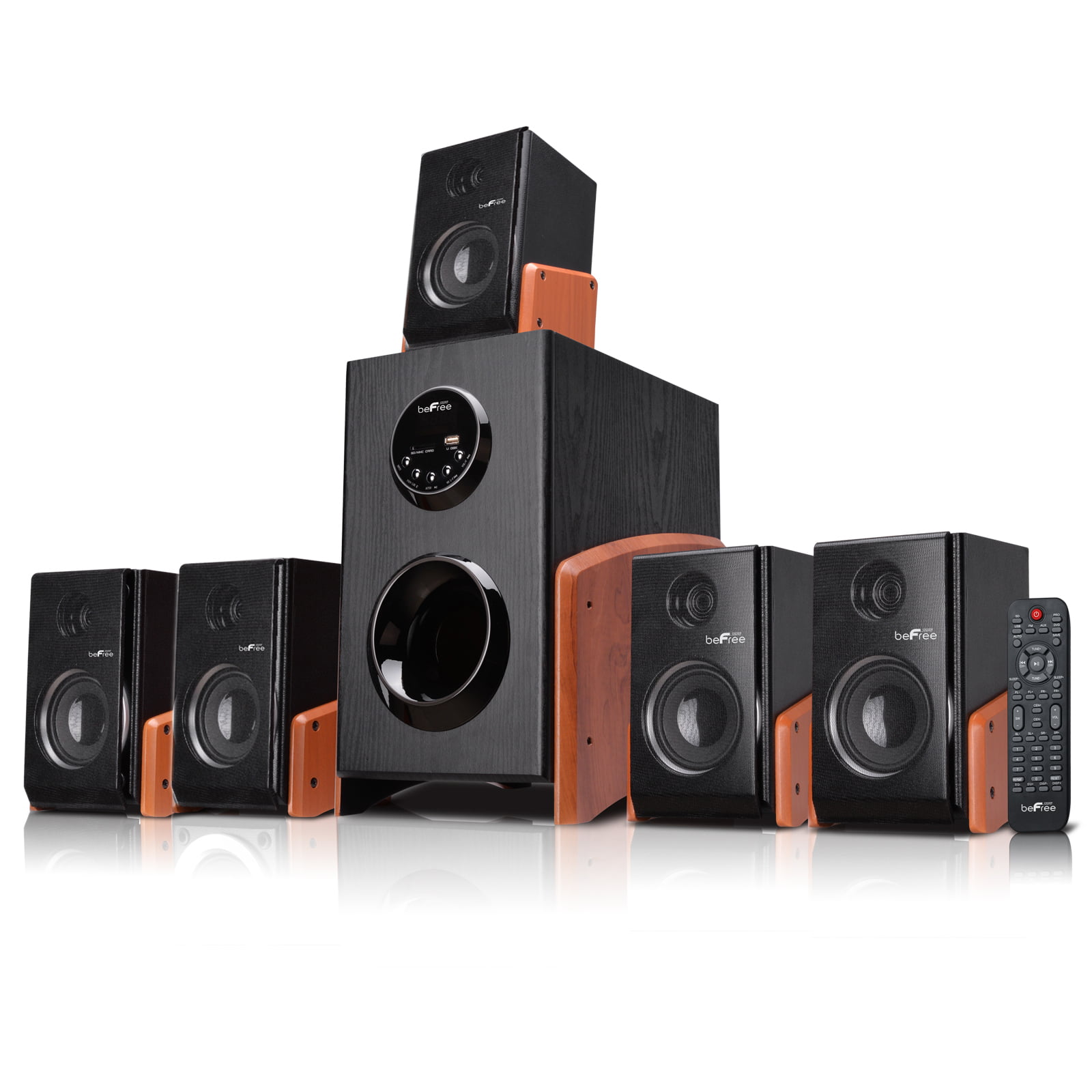When it comes to creating a quality audio experience in your home, selecting the right speakers is crucial. Whether you're looking to enhance your music listening or create a true home theater experience, choosing the right speakers can make all the difference. In this article, we'll cover the key factors to consider when selecting speakers for your home audio system.
Type of Speakers
The first thing you need to consider is the type of speakers you want. There are a few different types to choose from, including bookshelf speakers, floor-standing speakers, soundbars, and in-ceiling speakers. Bookshelf speakers are ideal for small rooms Binoclu, while floor-standing speakers provide more powerful sound and are better for larger spaces. Soundbars are a popular option for creating a home theater experience, while in-ceiling speakers are great for multi-room audio systems.
Size and Placement
Once you've decided on the type of speakers you want, you'll need to consider their size and placement. Larger speakers generally produce better sound, but they can also take up more space. You'll also need to think about where you'll be placing your speakers. Bookshelf and floor-standing speakers should be placed on sturdy surfaces and positioned at ear-level for optimal sound. In-ceiling speakers should be installed evenly throughout the room to ensure balanced sound.
Power and Sensitivity
The power and sensitivity of your speakers are also important factors to consider. Power is measured in watts and determines how loud your speakers can get. Sensitivity measures how effectively your speakers convert power into volume. Higher sensitivity speakers require less power to produce the same volume as lower sensitivity speakers. When selecting speakers, make sure they have a power rating that's compatible with your audio system.
Frequency Response
Frequency response is another important factor to consider when selecting speakers. It refers to the range of frequencies that a speaker can produce. Most speakers have a frequency response of around 20Hz-20kHz, which covers the range of human hearing. However, some speakers have a wider frequency response, which can provide more detailed and accurate sound. When selecting speakers, look for ones with a flat frequency response curve, which means they produce sound evenly across all frequencies.
Brand and Price
Finally, you'll need to consider the brand and price of your speakers. There are many reputable brands that produce high-quality speakers Sound Choose, such as Bose, Sonos, and Klipsch. However, these brands can also be more expensive than others. When selecting speakers, consider your budget and look for options that offer the best value for your money. Don't be swayed by flashy marketing or brand names - focus on finding speakers that deliver the sound quality and features you need.
In conclusion, selecting the right speakers for your home audio system requires careful consideration of several factors, including the type of speakers, size and placement, power and sensitivity, frequency response, and brand and price. By taking the time to research and compare different options, you can ensure that you choose speakers that will provide the best possible audio experience in your home.



